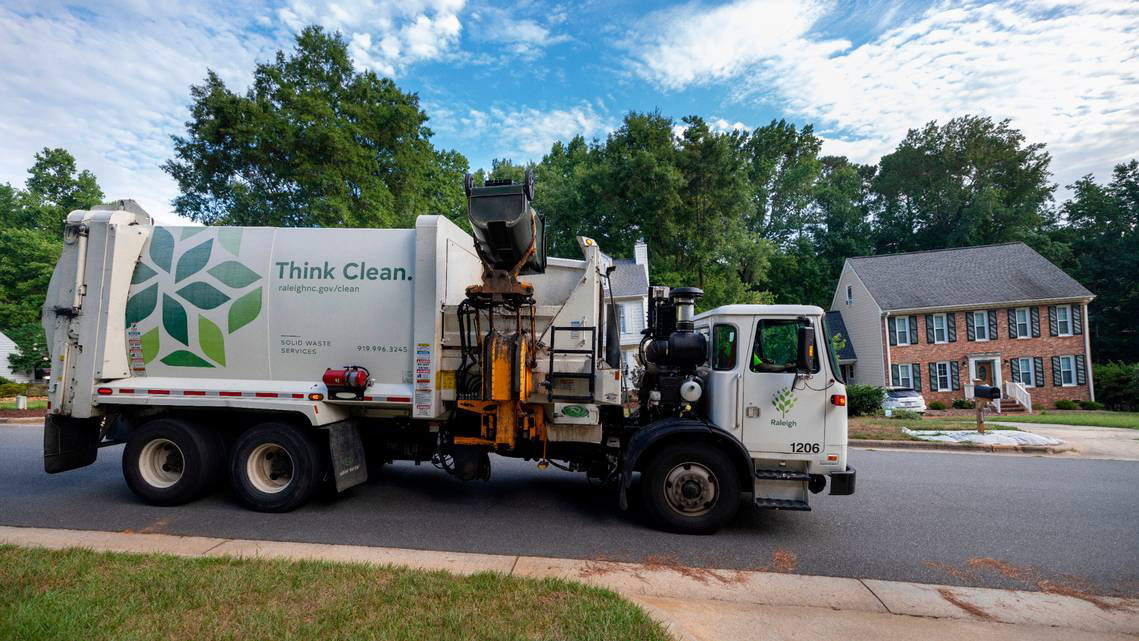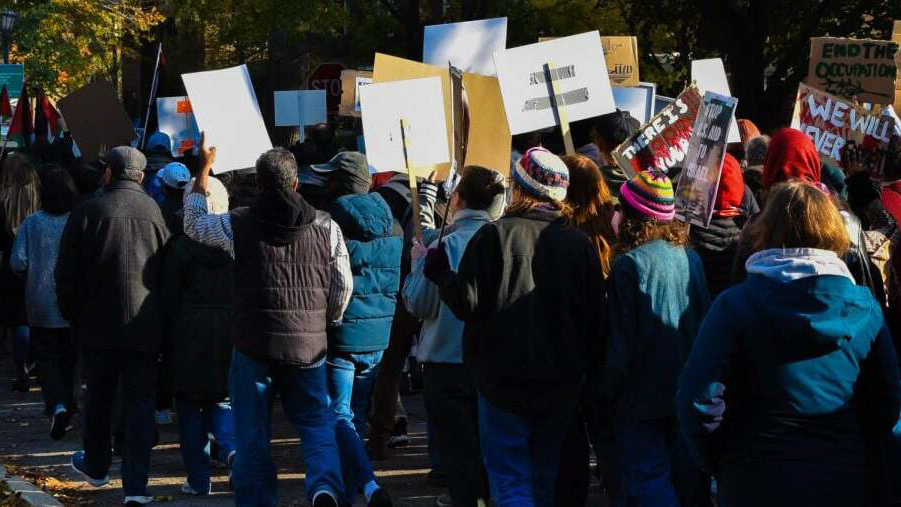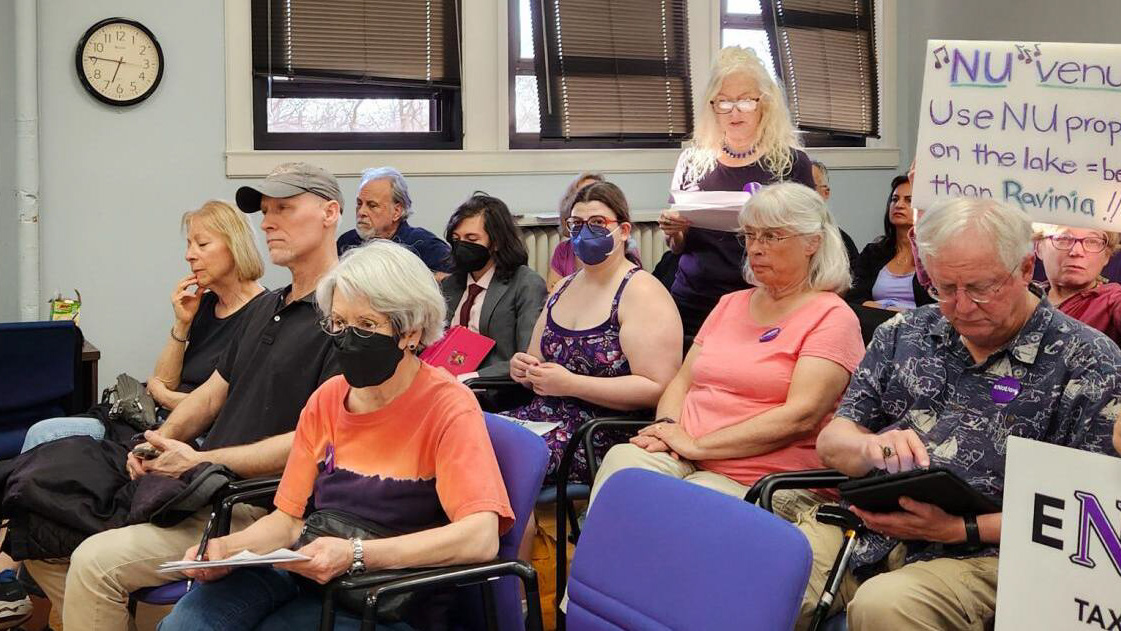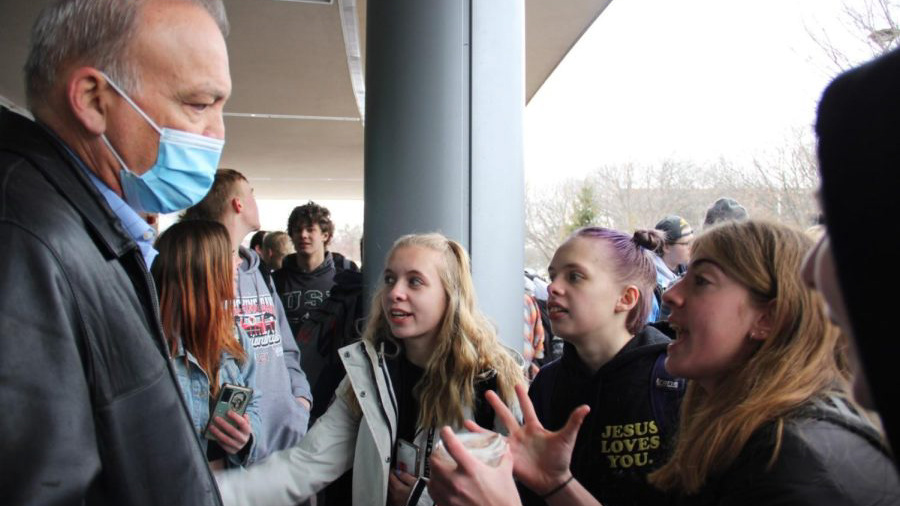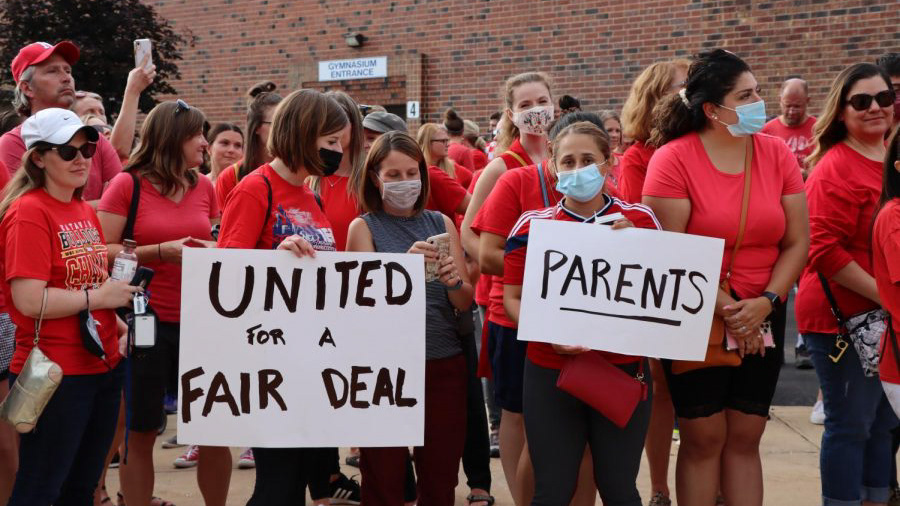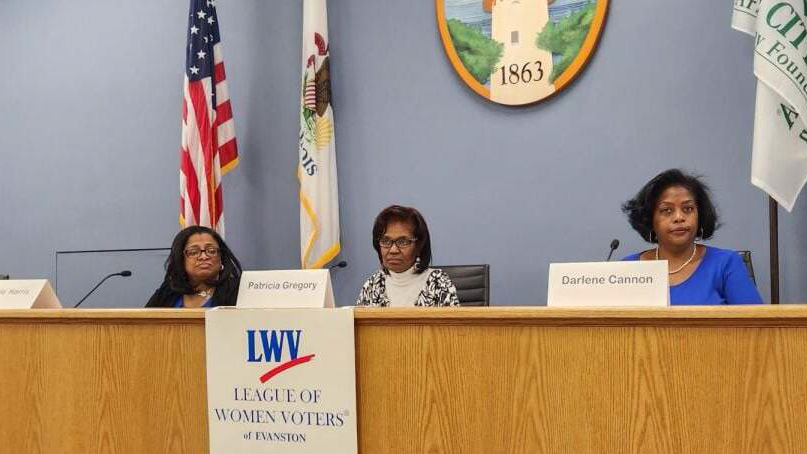Getty Images
Attorney Tonza Ruffin has litigated criminal defense cases for 24 years, often serving indigent clients who can’t afford to hire their own lawyer.
In June 2016, North Carolina’s Indigent Defense Services Office ran out of money to pay Ruffin — then a private attorney — and hundreds like her who were taking court-appointed cases. The state had to eventually pay them using money from the following year’s budget.
Ruffin said she doesn’t remember that specific pay freeze because, at the time, billing issues often delayed her getting paid. Still, pay freezes have hurt the indigent defense field, she said.
“Attorneys can’t survive with nothing,” said Ruffin, now chief public defender for Bertie, Halifax, Hertford and Northampton counties. “What we find is that private appointed counsel gets frustrated, and they say, ‘I can’t do this.’”
Eight years later, the IDS office faces a similar funding cliff.
It predicts a roughly $39 million budget shortfall later this fiscal year in its private assigned counsel (PAC) fund, according to Aug. 9 IDS commission meeting documents.
That’s based on an expected $108 million in expenditures in fiscal 2025 for court-appointed private attorneys, which follows a steady increase in PAC spending since 2021.
On its current trajectory, the PAC fund could run out of money by April or May, IDS executive director Mary Pollard said. In that scenario, the statewide agency wouldn’t be able to pay private counsel until it receives more money in July.
“I’m afraid that if we do have a shortfall in the spring and we’re unable to make payments, that we’re going to lose the few remaining lawyers we have who are willing to do the work,” Pollard said.
IS A BUDGET RESCUE LIKELY?
The current projected shortfall is a worst-case scenario, said Pollard, who’s hopeful the legislature will provide more money before the fund runs out.
While the state House passed a budget adjustment in the last legislative session that would have included more money for IDS, disagreements with the Senate meant no final bill cleared both chambers.
State Rep. Marcia Morey, a Durham Democrat and former judge, said it’s possible the legislature could fund IDS more in the case of an “emergency.”
But State Rep. Ted Davis, a Wilmington Republican and co-chair of the Justice and Public Safety Appropriations committee, said he hasn’t heard of a projected IDS shortfall.
“No need to talk about it until I know that a potential problem actually exists,” Davis wrote The News & Observer in response to an interview request.
Republican State Reps. Dudley Greene, Charles Miller and Carson Smith, the other Justice and Public Safety Appropriations co-chairs, did not respond to The N&O’s emails or phone calls about IDS funding.
Morey, who sits on the committee, also hasn’t heard legislators talk about providing more money.
“It’s not discretionary; it’s mandatory,” Morey said, referencing defendants’ constitutional right to legal representation. “We need to foot the bill.”
DELAYED INDIGENT REPRESENTATION
Across North Carolina’s public defender districts, 48% of defendants received court-appointed private lawyers for criminal cases in fiscal year 2024. Public defenders served about 19% of defendants, and about 21% hired private counsel, according to state judicial branch data.
Defendants generally must be accused of offenses that could result in heavy fines or imprisonment and have low incomes to qualify for indigent representation. Judges ultimately decide if they get a court-appointed lawyer case by case.
If PAC funding dries up in the spring, private attorneys could choose to stop taking indigent cases — further straining the state’s overworked public defense system, Wake County Public Defender Deonte Thomas said.
That could lead to defendants waiting longer to obtain legal representation, he added.
“Delayed justice is an injustice,” Thomas said. “And we need to take care of people who don’t have the means to take care of themselves.”
Delayed representation often changes case outcomes, Ruffin said. Having to wait in jail or post bail is so “disruptive” to defendants’ daily lives they sometimes take pleas despite their innocence, she added.
“That’s really prevalent in communities where there are a lot of indigent people being dealt with in the court system,” Ruffin said.
LONG-TERM SHORTAGE
A 2025 PAC funding freeze could exacerbate a steady decline in the number of private attorneys willing to take indigent cases, Pollard said. From July 2017 to June 2023, North Carolina lost 586 PAC lawyers. According to the most recent data from 2023, there are about 1,760 left.
That’s in addition to the state’s imbalanced distribution of defense attorneys. Almost half of North Carolina’s counties are “legal deserts,” with less than one attorney per 1,000 residents, the state court system reported last year.
Pay is one of the biggest reasons North Carolina is losing private attorneys from its indigent defense rosters, Ruffin said.
PAC attorneys receive $65 an hour for most district court cases and $85 an hour for most superior court ones — less than many rates in 2011. Non-indigent defense rates vary, Durham private attorney Dan Meier said, but they are almost always higher than indigent ones. On average, misdemeanors can cost clients $100-$700 per hour, and low level felonies can cost $300-$1,100 per hour, he said.
PAC rates aren’t just personal wages, either. The money helps pay for rent, support staff, office supplies and other business expenses. Ruffin said she often had to set her salary aside to keep her law practice running.
“I had to make sure the lights stayed on (and) my assistant got paid,” she said.
Combined with payment delays from administrative hiccups, the cost burden of PAC work has pushed many lawyers off of court-appointment lists, said Dawn Tutterow, a PAC attorney in Lincoln County.
“I have friends in other counties who came off the list entirely and moved,” Tutterow said. “They honestly couldn’t afford to keep doing it.”
Lydia Hoza, chief public defender in Lincoln and Cleveland counties, said she’s noticed a cultural shift as well. A lack of mentorship by older attorneys means court appointed work isn’t as much of an obligation for young lawyers, she said.
And Tiqeece Brown, a private attorney at Trapp Law, said court appointed work isn’t the only way to help lower-income defendants. His firm sometimes serves indigent defendants who receive money from family and friends to hire private counsel.
The benefit of taking cases as a private lawyer, he said, is a more manageable caseload. Brown, who finished law school in 2023, said young lawyers tend to view PAC work as transitional.
“They do get on court-appointed lists to get their feet wet, get that exposure and also to try to build a name for themselves,” he said.
But for Tutterow, who has done PAC work for 10 years, defending indigent clients is still enjoyable and important.
“I wish more attorneys would give up their time to do it,” she said.
EXPANDING PUBLIC DEFENDERS
Reductions in a pandemic-era case backlog and an increased volume of electronic evidence, including camera footage, are likely contributing to an increased demand for defense lawyers, Pollard said.
Hopefully, new public defender’s offices can help, several attorneys said.
Hoza’s office opened in February 2022, and by April, her team was taking cases. Within a year, it was fully staffed.
“You have to hit the ground running,” Hoza said. “You have a local (defense) bar that’s just out of gas.”
Eight new public defender’s offices opened in North Carolina this year. In total, 60 of the state’s counties now have public defenders.
While Pollard hopes the pressures on PAC resources will subside, she said she’s uncertain what the “new normal” will look like.
And even a month or two of not paying private attorneys for court appointed work would be “tough” for defenders, defendants, prosecutors and victims alike, Ruffin said.
“Every county still needs private attorneys that are willing to represent (indigent) people,” Ruffin said. “The thought of not having attorneys I could rely on to assist with cases — it would be tragic.”
